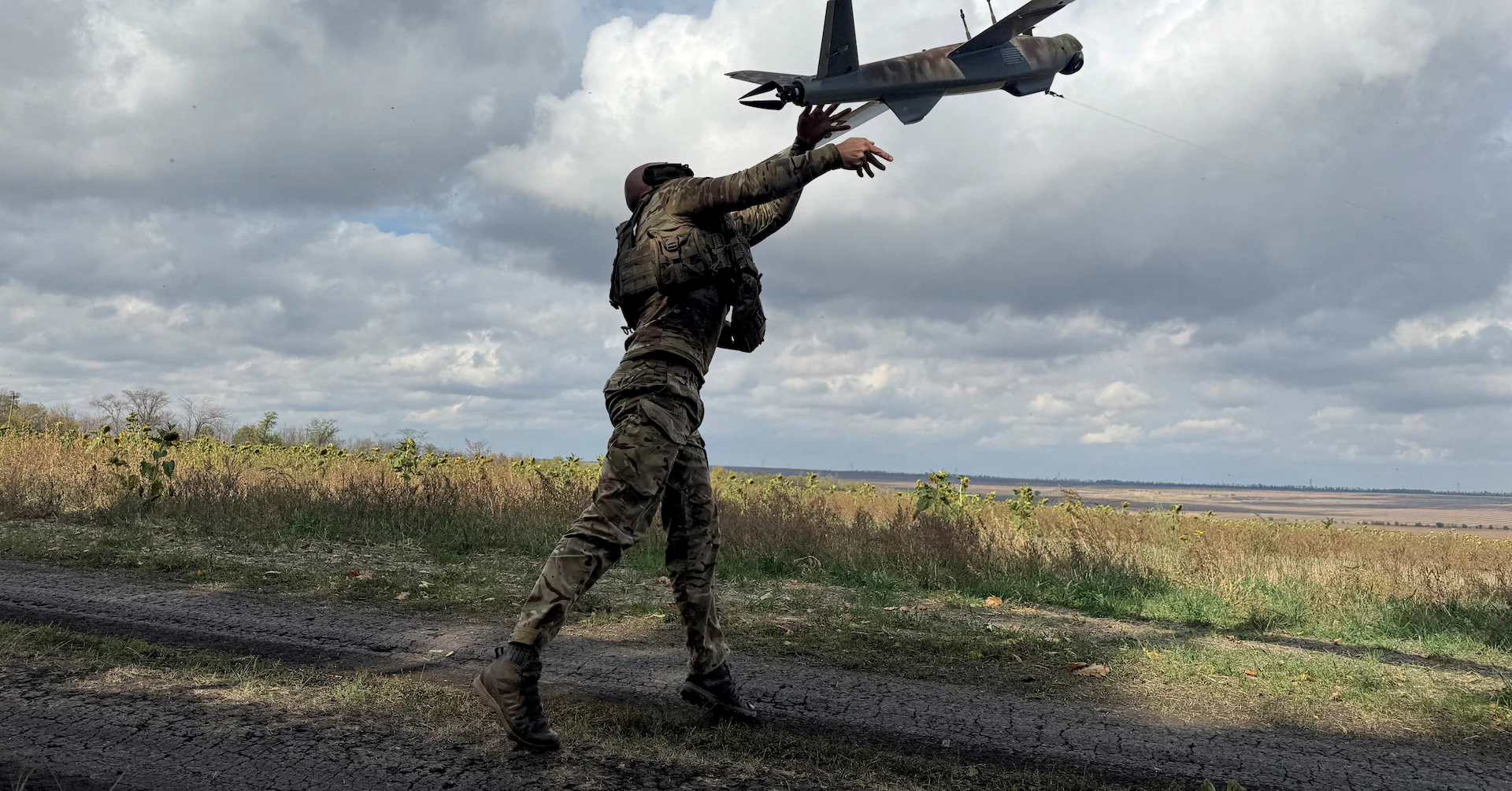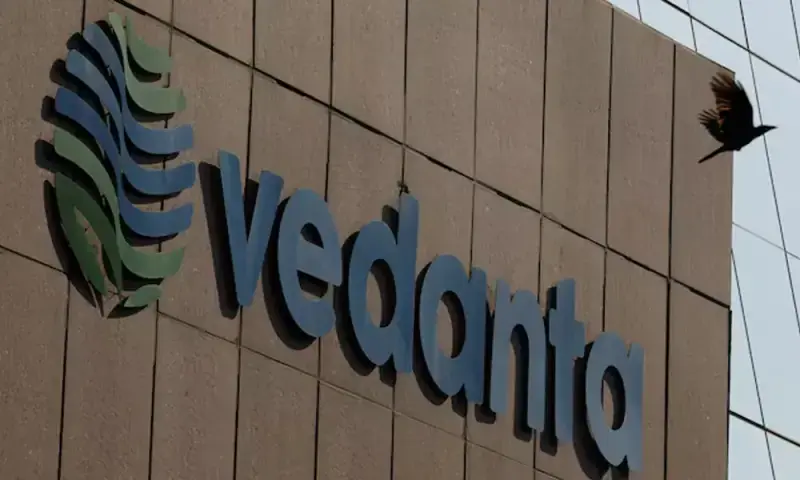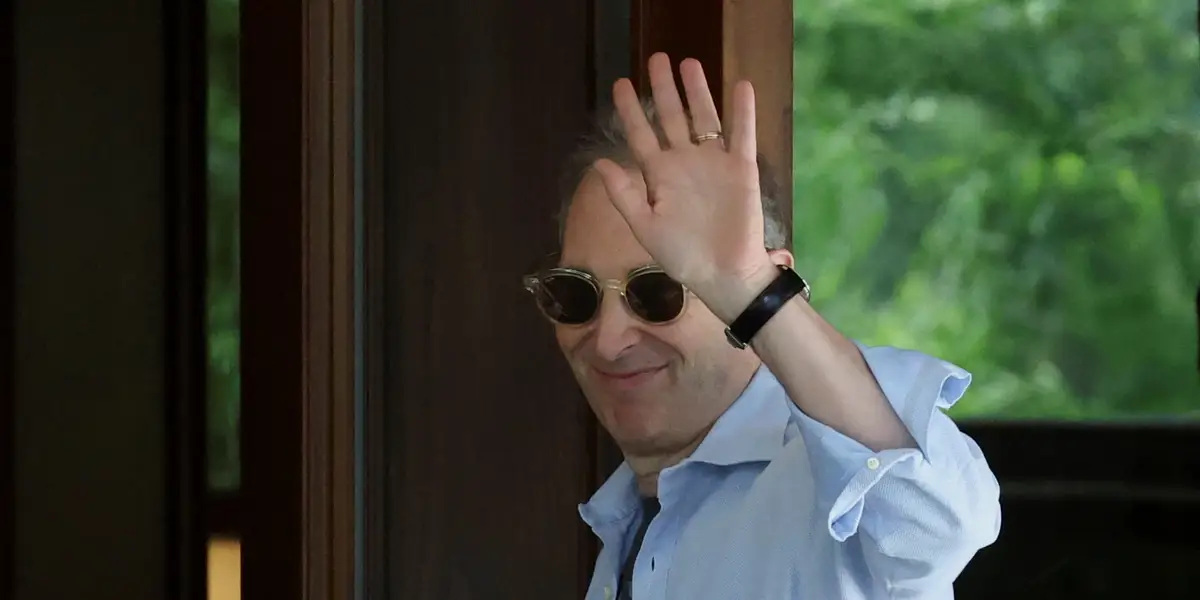Copyright Reuters

BERLIN, Nov 3 (Reuters Breakingviews) - In its eagerness to help Europe shore up its defence against Russia’s assertiveness, Brussels has fired a blank shot. The European Commission's “Defence Readiness Roadmap”, recently proposed, opens new tab to the block’s governments, is taking the wrong approach on a crucial component of any serious deterrent against potential Kremlin aggression - drones. First, because limiting the effort to the EU is wrong. Second, because what’s needed is a serious financial solidarity mechanism that would help the countries closer to a possible front line gear up. The Commission is courting the risk of mission creep by suggesting - even in the vaguest of terms - a joint defence policy. The EU is not the proper forum to do so. Some member states are formally neutral - like Ireland or Austria. Others, like Spain, feel they don’t need to spend too much on defence because they’re far from a possible front line. The UK and Norway, on the other hand, are two NATO members with big militaries who are a natural part of any defensive alliance against Russia. The “coalition of the willing” once mentioned by UK Prime Minister Keir Starmer should be the natural forum for joint initiatives. Sign up here. Meanwhile, countries on Europe’s eastern flanks should not take on the financial cost of mounting a so-called "drone wall" alone. Financial solidarity should be extended to the seven countries - the three Baltic republics, Poland, Slovakia, Hungary and Romania - that are closer to Russia. Their military spending varies according to their perception of the Russian threat - from Hungary’s 2% of GDP to Poland’s 5%. But their combined defence spending amounted to almost 65 billion euros this year, according to NATO estimates, opens new tab. It would make sense for the EU to shoulder directly a significant part of the burden. If the bloc collectively spent the equivalent of what Ukraine does on unmanned aerial vehicles (UAVs) - about 2% of Kyiv's military budget, according to, opens new tab defence analyst Olena Kryzhanivska - that would mean about 1.3 billion euros to spend on drones. That spending should at least be fully mutualised via joint EU borrowing - while the Seven would be at the frontline of hostilities, a conflict would be a problem for all 27 states. Finally, the approach should more systematically tap Ukraine’s expertise. The country has become the main provider of UAVs in Europe, with about 100 drone-making firms and nearly 50 more devising UAV software. Kyiv produces 4 million drones annually but could make twice as much with proper funding, according, opens new tab to Ukraine President Volodymyr Zelenskiy. Stepping up funding might allow Ukraine not only to better defend itself, but also generate revenue by selling its battle-hardened drones to its neighbours. The “coalition of the willing” could see this as a good opportunity to show what it exactly wills. Follow Pierre Briancon on Bluesky, opens new tab and LinkedIn, opens new tab. Context News For more insights like these, click here, opens new tab to try Breakingviews for free. Editing by George Hay; Production by Streisand Neto Breakingviews Reuters Breakingviews is the world's leading source of agenda-setting financial insight. As the Reuters brand for financial commentary, we dissect the big business and economic stories as they break around the world every day. A global team of about 30 correspondents in New York, London, Hong Kong and other major cities provides expert analysis in real time. Sign up for a free trial of our full service at https://www.breakingviews.com/trial and follow us on Twitter @Breakingviews and at www.breakingviews.com. All opinions expressed are those of the authors. Pierre Briancon is a Breakingviews columnist, writing on European business and economics. He was previously a writer or editor at Barron’s, Politico, and Breakingviews for a first stint as Paris correspondent and European editor. For the first part of his career he was a foreign correspondent and editor at Libération, the French newspaper. He was also an economics columnist for Le Monde and for French public radio.



